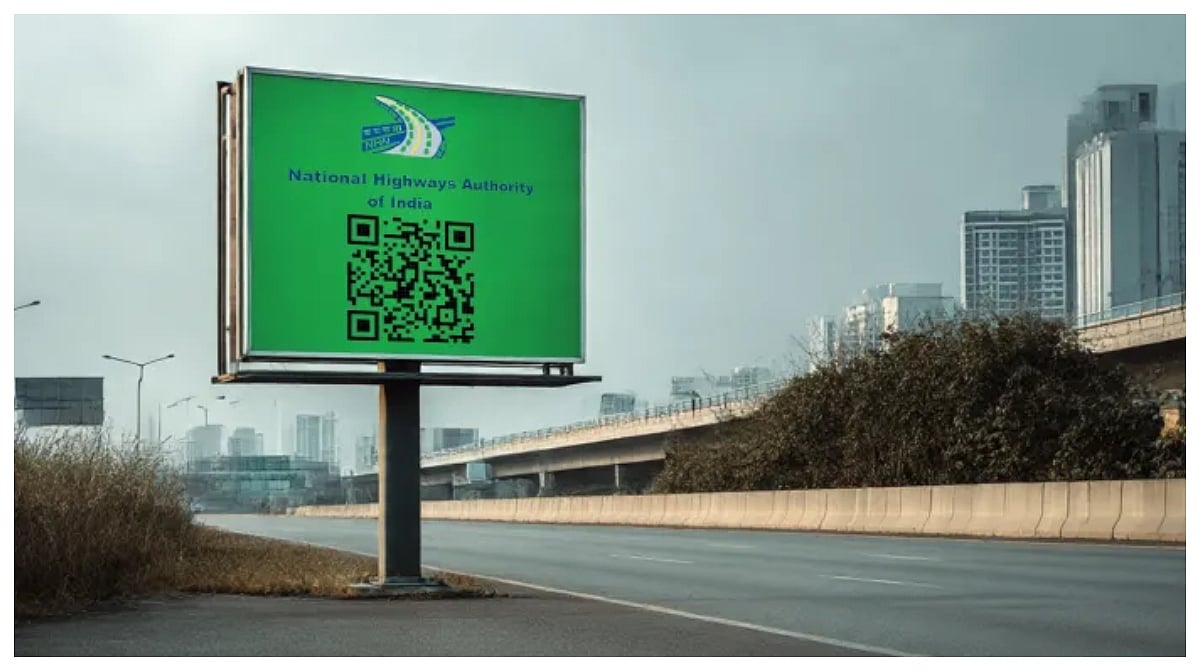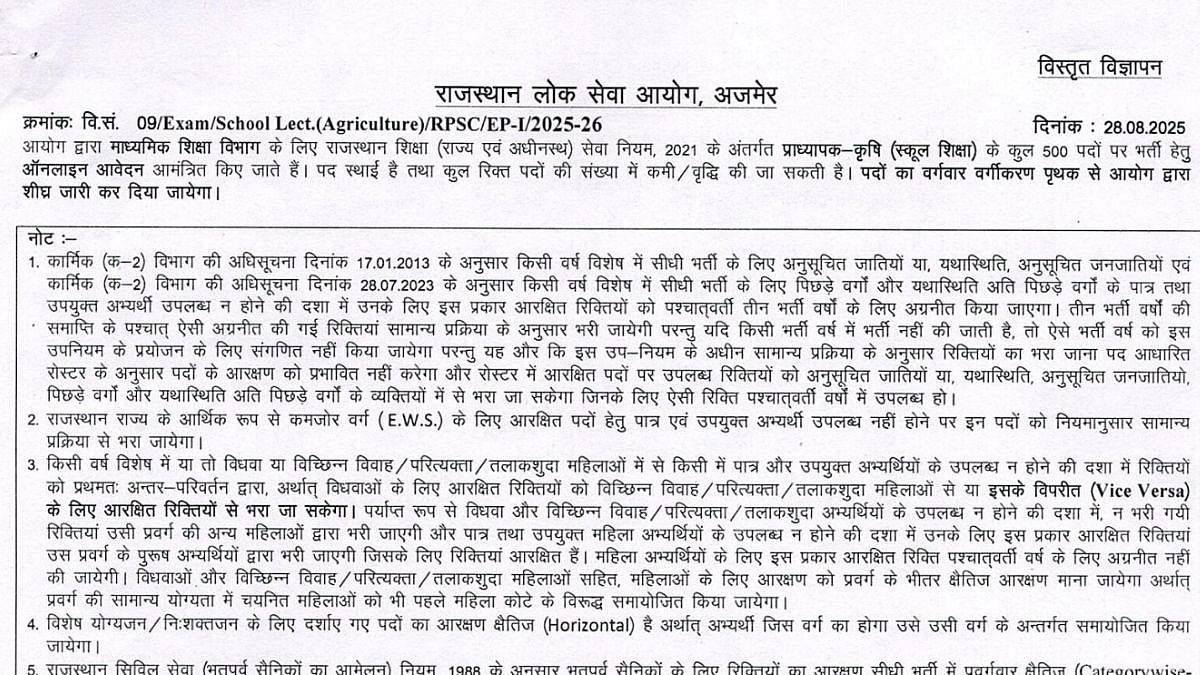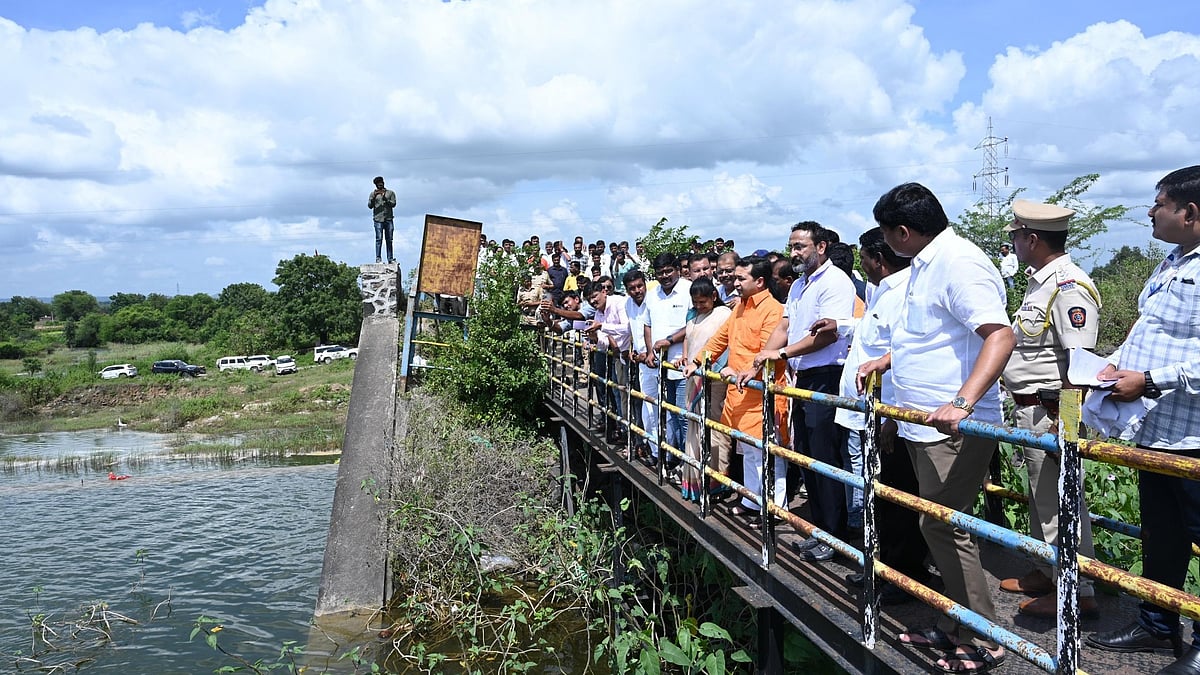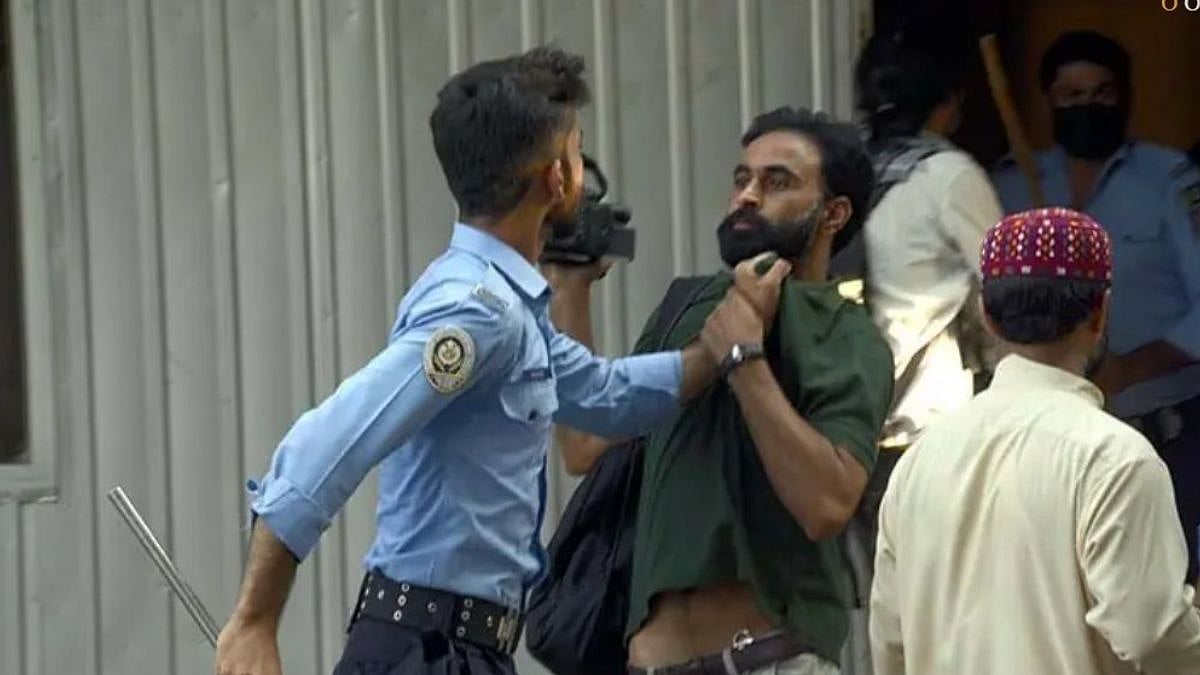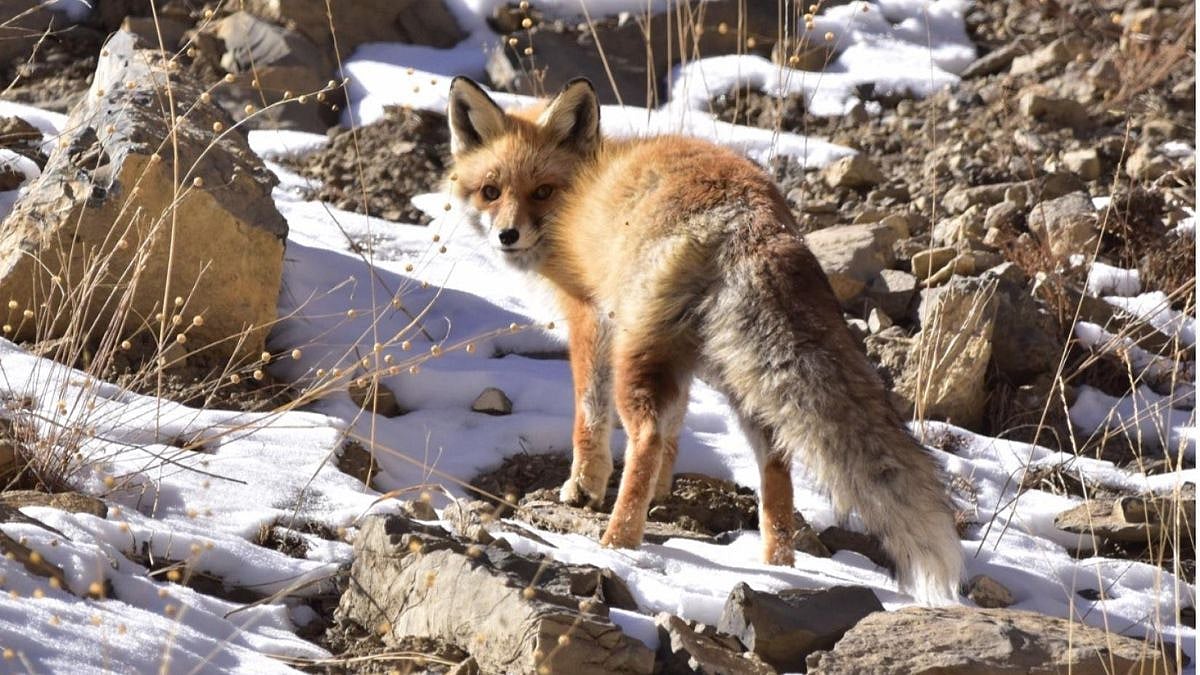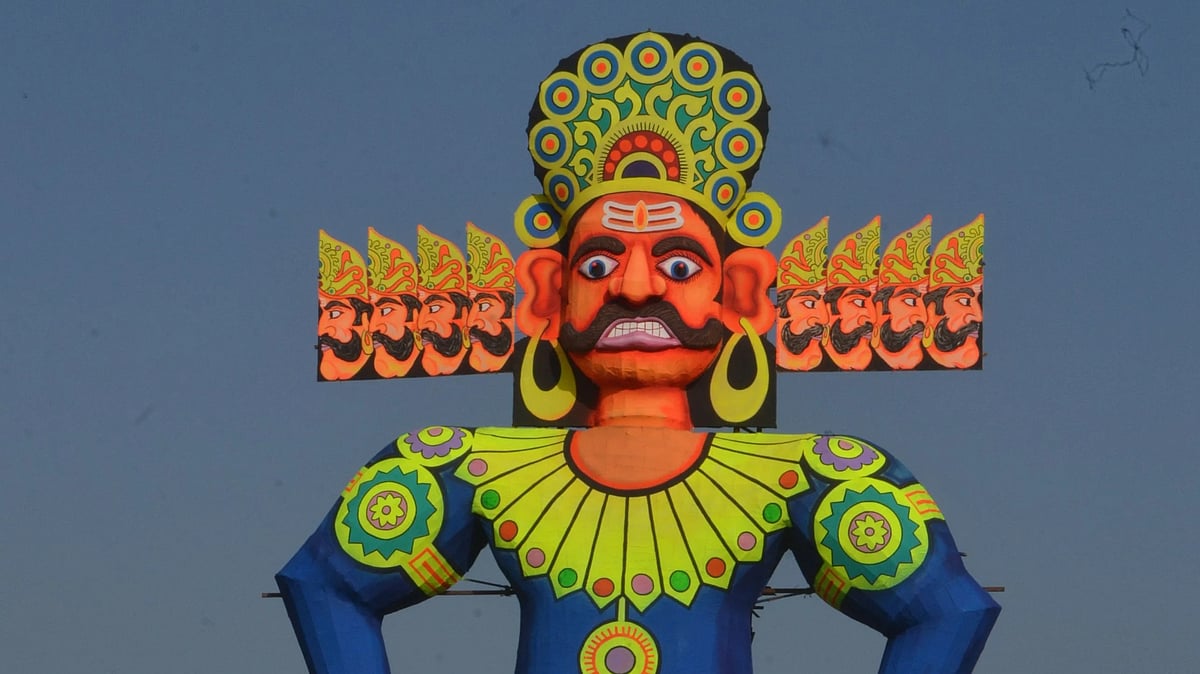THE clamour for inclusion in the OBC category by some ‘forward’ communities has become a political tool and the possibility of arbitrary inclusion of communities cannot be ruled out. It has helped the growth of leaders who thrive on identity politics, at the cost of development of other communities.
After the Mandal commission opened up reservation for the Other Backward Classes (OBCs), more and more communities have come forward to stake their claim for inclusion in the OBC category, the latest being the Patidars in Prime Minister Narendra Modi’s home-state Gujarat.
Interestingly, most of the communities that have come forward or have been included in the OBC category are those which have traditionally opposed the reservation system for the Scheduled Castes (SCs) and the Scheduled Tribes (STs) in the past. Also, many of these communities have been traditionally well-off as compared to their SC and ST brethren. Most of the communities who have already been included in the OBC category or have staked claim for their inclusion, have been traditionally land-holders, traders or artisans, enjoying a much better place in Indian society than ‘untouchable’ SCs. Some such communities have been the most dominating ones in politics. The justification for the quota is that a large section of the particular community is economically and educationally backward and hence eligible for inclusion in the OBC category. To some extent it is true that a section of members of these erstwhile “forward” communities have remained educationally and economically backward, like in case of some Marathas in Maharashtra. But, the reason is that they have continued to survive on traditional farming methods, ignoring the need for educating children or adopting modern techniques in farming. In sharp contrast, a couple of generations of Dalits staying in settlements outside the traditional boundary of villages have changed their lives through education and employment. In rural India, the picture is starkly visible and the change is largely due to the reservation system.
The clamour for inclusion in the OBC category by some ‘forward’ communities has become a political tool and the possibility of arbitrary inclusion of communities cannot be ruled out. It has helped the growth of leaders who thrive on identity politics, at the cost of development of other communities. At a time when government jobs are shrinking due to privatisation and even the backlog of filling posts reserved for SCs and STs continues to pile up, the inclusion of some ‘forward’ communities in the OBC category would serve little purpose. However, the motivating factor, apart from identity politics, appears to be the soaring cost of education.
The fact remains that the OBCs are the largest group of communities in Indian society. Together with Dalits, tribals nomads and others, 80 per cent of Indian society would be the backward classes. The classes are legally confined to a quota of upto 50 per cent. The rest of the Indian society of ‘forwards’, that comprises around 20 per cent of the population, has to compete in the open category of 50 per cent. Yet they raise objection to reservation system on grounds that it compromises on merit. They apparently, are jittery of letting go of their monopoly over education and employment. They also have no qualms about management quotas in institutes of higher education, including those run by religious minorities as well as linguistic minorities. Also, those insisting on merit have no objection to nepotism in education, employment and other fields, where families go out of the way to ensure that the family tradition in a particular profession, trade or even politics continues. Merit is not considered to be compromised then.
It is true that in some states, the quota for the backwards has exceeded the 50 per cent and gone unchallenged legally, but the fact remains that the ‘forwards’ are proportionally the minorities in Indian social structure. And, if for argument’s sake, quota is granted to all communities in proportion to their population, the ‘forward’ communities, who have traditionally monopolised education, would become micro-minorities. There are some poor families across communities, but for them, there are scholarships, freeships and sops under the economically backward category. The introduction of the ‘creamy layer’ condition that denies quota for OBCs who are economically well off, ultimately ensures that only the poor among the OBCs get the benefits. The argument for quota exclusively based on economic criterion is flawed because the caste system which reserved privileges for ‘upper’ castes and exploited the backwards was based on caste and that, too, with divine sanction.
The movement for inclusion as OBCs is nevertheless more for political reasons and has made a mockery of the entire reservation system. The quota system aims to provide social justice to communities who had been subjected to discrimination over the centuries by a socio-economically stratified system dictated by Brahmins. The system led to a massive backlog of education in the country and hence, after independence, in the name of spreading education and employment, the cooperative movement got a boost. It suited the socialist policies of the Nehruvian era and the elites grabbed the opportunity. As the states doled out plots of land at a nominal fee for educational institutes and cooperative ventures in fields like credit, banking, sugar manufacturing, agro-processing, the landlords and traders became education barons. The cooperatives also became hubs of political activities, providing captive votebanks. The newly emerging educated generations, along with the illiterate or semi-literate rural folk are now finding it difficult to cope up with the competition and have become ideal prey for xenophobic politics of quota.
Interestingly, whenever the BJP comes to power, issues like review of the constitution or review of reservation are thrown up for discussion. Those who want to review the constitution, fail to understand that it has ushered in an era of equality and liberty. The statute ensures justice and sets norms for settling disputes through discussion, instead of violence. Also, they do not give a thought to review practices that still exist with divine sanction, without any logic and lead to exploitation of the masses. Likewise, those reviewing the quota give no thought to the fact that the constitution makers had set a deadline of 10 years for political reservation, but it is being extended by the parliament every decade, even during the BJP rule. It would be interesting to review what MPs and MLAs getting elected on reserved seats do for the betterment of the downtrodden.
It must not be forgotten that the root of bringing in the reservation system in the country is the historical injustice inflicted on a large number of people by the powerful elite. The quota system was pioneered by the king of Kolhapur, Chhatrapati Shahu Maharaj, in 1902, when he issued an order that 50 per cent of the employees serving in his kingdom must be drawn from backward classes. This was after Brahmins refused to coronate him as per the Vedic rituals. It had then led to an ugly mudslinging between him and Lokmanya Tilak, who supported the Brahmins. The seeds of anti-Brahminic movement were sown during that period in the region. With changing times, urbanisation and industrialisation have shaken the traditional structure of society, but that does not mean that the caste system has vanished. It is alive and kicking, albeit in different forms. For instance, a glance at the backlog of filling reserved posts reveals that the compliance is more (and sometimes total) in Class IV and Class III posts.
The fresh round of movement for inclusion in the OBC category appears to be not only a politically motivated activity of identity politics, but also a calculated strategy of keeping the issue of reservation in public eye and trivialise the issue to the extent that public opinion turns against the quota system.

